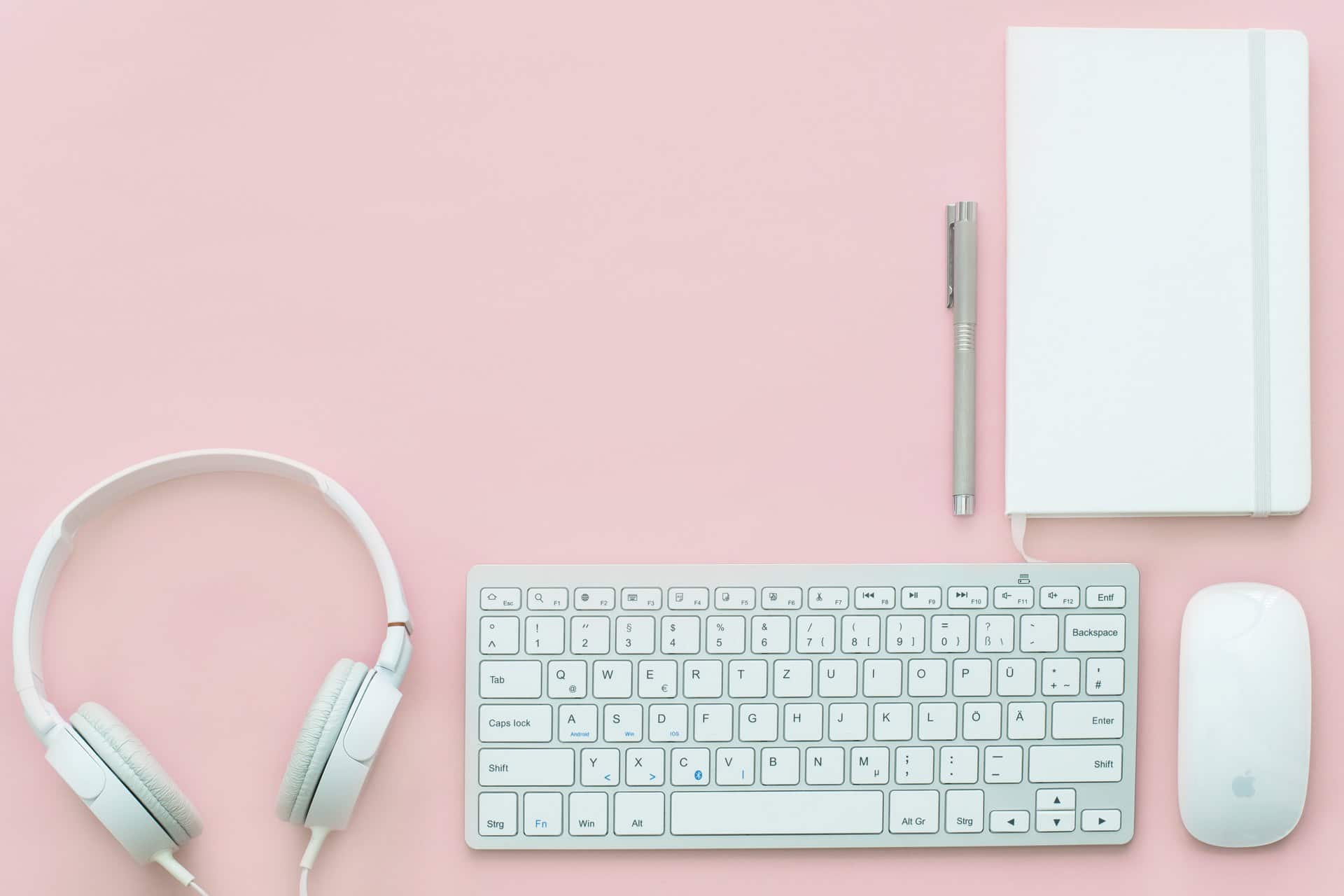Advancements in technology have long since made online learning more accessible, but this pace of growth saw unprecedented acceleration after the 2020 lockdowns. More and more people got comfortable with remote learning during the pandemic. Now, the open course market is projected to be worth more than $25 billion by 2025.
Despite its convenience, remote learning comes with its own set of challenges. If you’re a student looking for ways to make your online learning effective, keep reading to find out how you can smoothen the process.
10 Effective Tips to Study and Learn Online
1. The Right Headspace

A classroom environment has students focused, and you will be hard-pressed to find such an environment around the comfort of your couch.
So, first and foremost, attain the right mindset. Remember the goal for which you take that class. Get rid of mental clutter, put your phone away, and hone your focus on your studies.
2. The Right Place

Noise and movement can disrupt your attention. You will need a quiet space free of distractions to study efficiently.
The lights should be bright so your eyes do not get stressed. As you’ll likely be stationary for an hour or more, make sure you’re sitting with a relaxed posture on a comfortable chair. Use a wide table that can accommodate all your studying supplies.
Sitting on the floor can get the job done as well. Just grab a lot of cushions.
3. The Right Equipment

Though everyone has a different studying style, some equipment can help everyone.
For example, you can use earphones or headphones to block unnecessary noise, especially if you do not live alone. Conversations floating around the house can distract you, making you miss important snippets of information. Noise-canceling wireless earphones are most feasible for comfort and mobility, depending on your preferences and budget.
Similarly, you can use a wireless mouse and keyboard to maintain a safe distance from the screen and leave space for other supplies on your desk. A cup of beverage will likely be a welcome addition to your table.
Related: Best Tools for Online Learning
4. The Right Study Material

Your time and energy may be rendered useless if you do not research extensively before enrolling in a course. You will find many courses per topic, but not all of them will elaborate on that topic equally. Some may be too vague, some of a level you have already surpassed, and some too advanced or require prerequisites you do not have.
So, make sure you go through the course description and try out a trial class if available. Remember to go through reviews of the courses you’ve shortlisted as well.
Finding study material online can also be a challenge. Luckily, you can follow the same guidelines to find reliable study material. Go for websites that you trust to provide quality content.
If you are unsatisfied, look for other options rather than sticking to the old, insufficient ones. Remember that study materials are supposed to make learning easier for you, not confuse you.
5. Note Taking

We often believe that we will be able to retain the information we learn in classrooms, and we soon find out how that is untrue. Taking notes is especially important when learning online, as you cannot borrow them from a classmate.
Many find it easier to go through handwritten notes. However, digital notes are advantageous as you can access them from anywhere.
Furthermore, you can combine the power of both by taking brief notes on your computer and elaborating on them in your notebook. This technique will also let you test your knowledge when you’re filling in the details from your memory, as it will allow you to identify any problem areas timely.
6. The Right Approach to Quizzes

There are many quizzes available on the internet. You should benefit from and use them to gauge your knowledge and progress. Remember that not scoring well highlights the parts you need to focus more on.
So, move along your learning journey while thinking of quizzes as performance trackers and problem-highlighters rather than facets of an IQ score.
7. Properly Scheduled Breaks

Overexertion and under-exertion both are detrimental to learning. Scheduling breaks serves two purposes: to let you refresh yourself and to ensure you do not take long, unplanned breaks.
Remember that breaks may make you lose concentration. You can set them after a fixed time, for example, after every hour, or take time off after finishing a topic. Rest your eyes between your study sessions, and look at things farther away to relieve stress in the eye when one focuses on a nearby object for long.
Set the time limit for your break to be long enough that you can refresh and short enough that you retain the information from your pre-break session. So, make sure you add breaks after appropriate intervals.
8. Effective Deadlines

Being at home can scramble one’s priorities up, but self-discipline is necessary to study.
Setting deadlines is crucial when you buy a course and get unlimited access to its study material. Your deadlines do not have to be rigid; you know your schedule and activities well enough and can set your plan accordingly.
Do not set unrealistic goals for yourself. They can damage your confidence, lead to overexertion, or even abandon a schedule because of how off-key it is to your routine.
9. No Second-Screening

Human brains aren’t for multitasking. Indulging in two unrelated tasks simultaneously, like watching a lecture and scrolling through a social media feed, can make the study session ineffective.
It can even lower your IQ in the long run. So, put other devices away while studying and use them only during breaks. The exception to the scenario is when you use both devices for tasks that complement each other, like taking a class on a desktop and writing notes on your phone.
10. Having a Study Partner

Find a study partner, if possible. Studying with someone is a great way to stay focused. You can discuss a topic, work on assignments together or help each other with conceptual difficulties, especially if one of you didn’t attend a class.
As a result, you will stay motivated and learn well.
Endnote
Today, students can learn beyond the confines of a school building. The internet has made it possible for students to continue their education within the comfort of their homes. Change your routine and adjust your mindset to make the most out of remote learning offers. So, take a deep breath and start working on the above-mentioned points.
